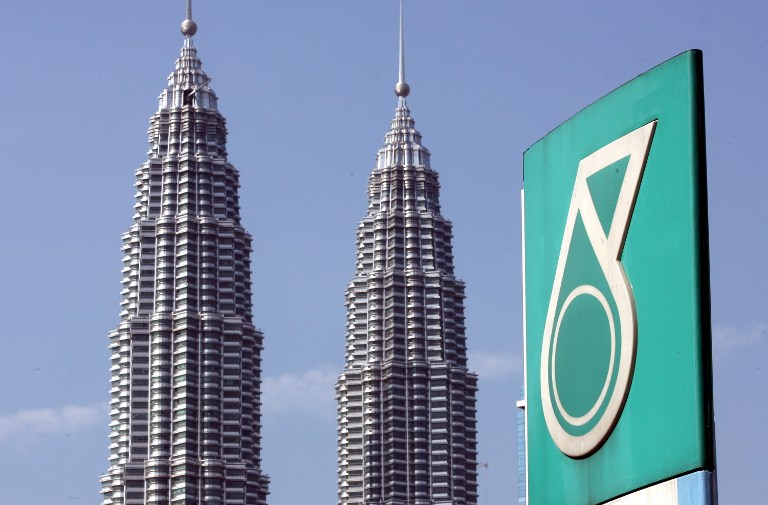KUALA LUMPUR, Dec 3 — National oil giant Petronas will extract only marginal benefits from the Trans-Pacific Partnership (TPP) should Malaysia sign on, said a report by consultancy firm PricewaterhouseCooper (PwC) released today.
PwC noted that Petronas mostly exports to countries that are not part of the free-trade deal, adding that there are currently no or close to zero taxes imposed on its products that are sold to TPP member countries.
“The potential gains to Petronas from lower trade barriers are expected to be minimal. 74 per cent of Petronas’ exports are to non-TPP countries.
“In addition, a significant portion of Petronas’ export to the TPP countries already incur zero tariffs. For example, 60 per cent of Petronas’ export of liquefied natural gas (LNG) are destined to Japan at zero tariffs,” it said in its cost-benefit analysis of Malaysia’s signing of the TPP.
Among other things, TPP contains measures to boost trade and access to consumers in member countries, including reducing import taxes for products or services supplied by member nations.
Although the TPP would give Petronas and other Malaysian firms more protection over their investments abroad, Pwc pointed out that only five out of 12 countries where the state oil firm’s investments are located as of 2013 are involved in the TPP.
Noting that Petronas’ licencing and registration system was aimed at backing the government’s policy to boost Bumiputera participation in the oil and gas sector, PwC said safeguards in the TPP terms will allow Petronas to continue its nation-building activities and to give preference to local companies.
Over the years, Petronas has increased the award of contracts for goods and services to majority Bumiputera companies from only roughly 30 per cent of contract value in the 1980-1985 period to over 70 per cent as of last year.
With the TPP, however, Petronas will only be allowed to give preference to Malaysian firms to a maximum threshold of 40 per cent of the contract for downstream activities, and will also have to cap its award of contract in upstream activities at 70 per cent in the first year before scaling it back to 40 per cent by the sixth year of inking the deal.
PwC said Petronas’ data on its 2014 award of overall contract award of 70 per cent to majority Bumiputera companies does not make a distinction between firms that were given preferential treatment and those who were capable of winning open tender bids on merit.
“In the event that the current award of local preferential treatment exceeds the respective maximum thresholds, some Malaysian firms in the O&G sector will likely face greater direct competition from foreign participation,” it said.
In the face of greater competition due to the TPP, some of the local firms may face “consolidation” during the transition period in order to build up their capabilities and remain competitive, PwC said, referring to a process which may include firms being merged together or acquired.
PwC’s final report on the cost-benefit analysis of Malaysia joining the TPP is titled “Study on Potential Economic Impact of TPP on the Malaysian Economy and Selected Key Economic Sectors” and has been posted on the Ministry of International Trade and Industry’s website.
Malaysia has yet to sign and ratify the TPP, which the country had finalised on October 5 after years of negotiations with 11 other nations — US, Australia, Brunei, Canada, Chile, Japan, Mexico, New Zealand, Peru, Singapore and Vietnam.



















